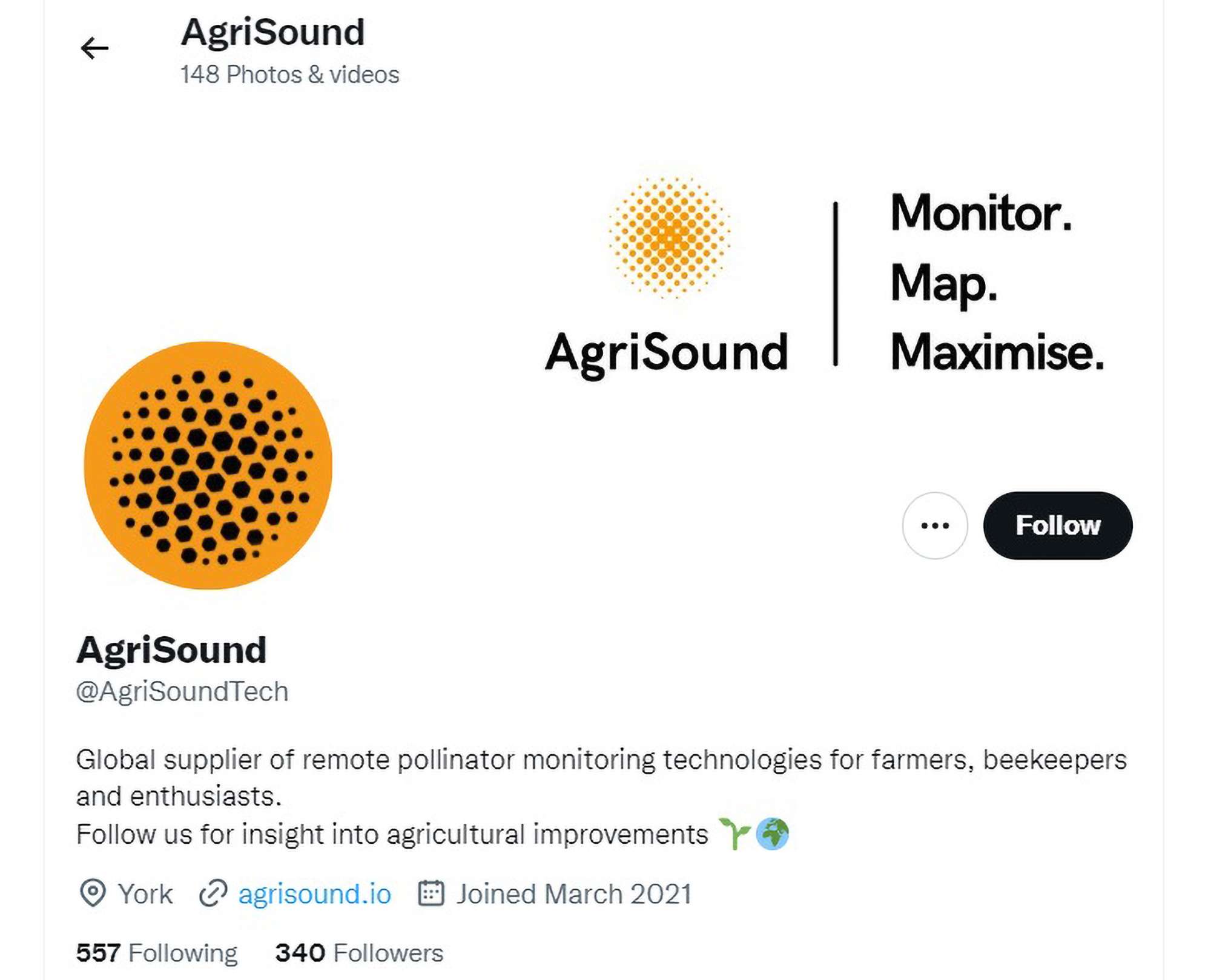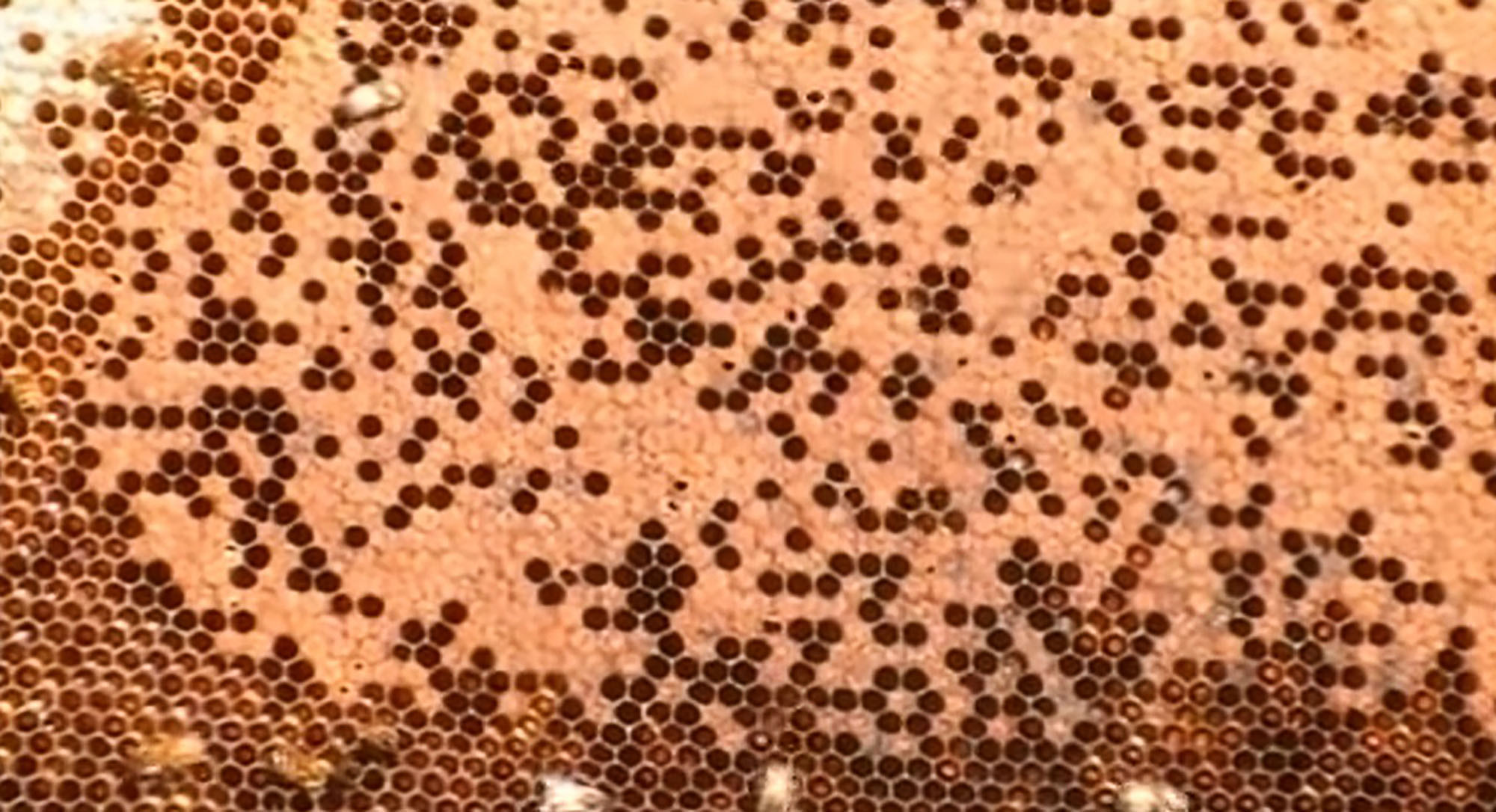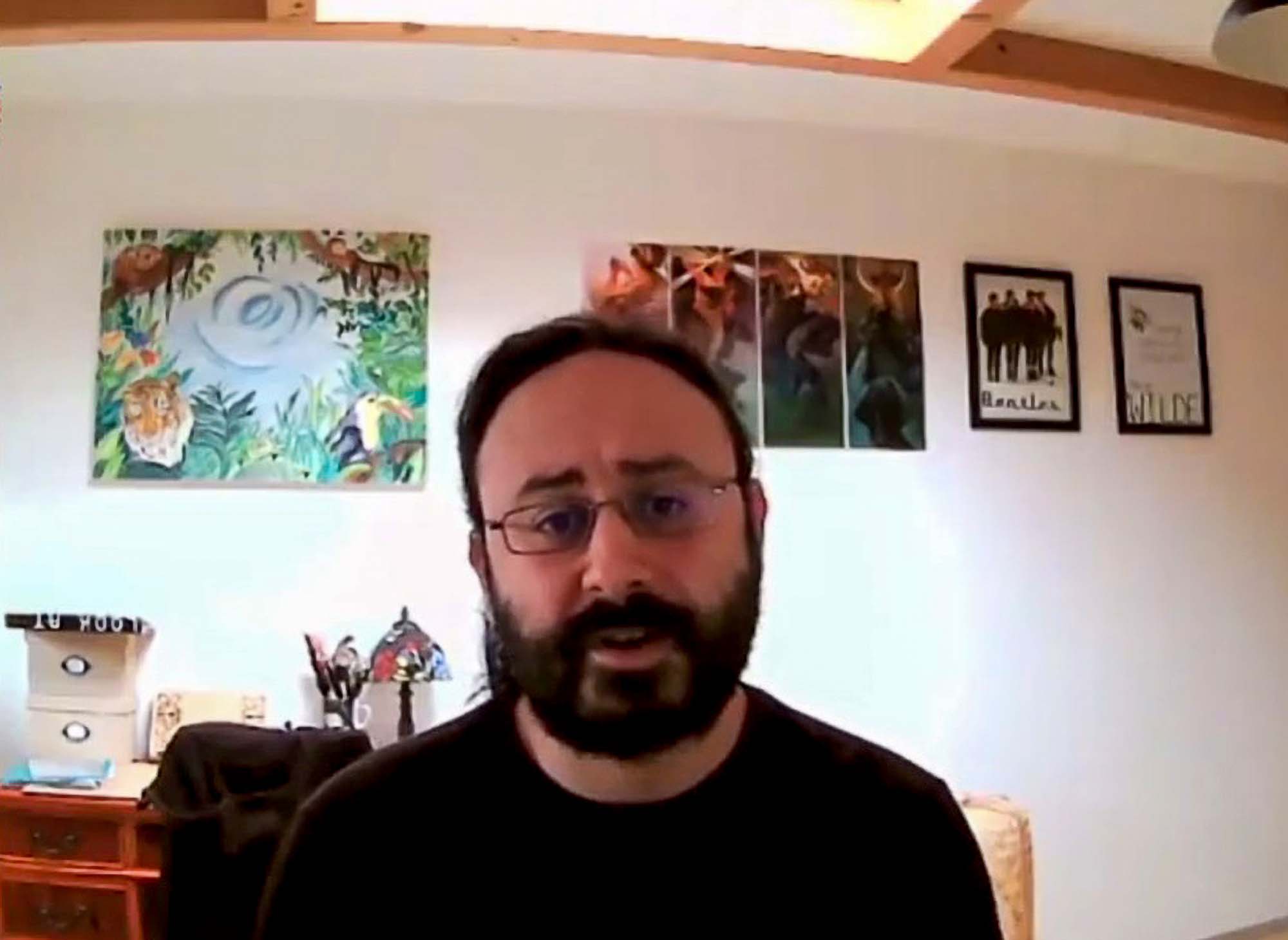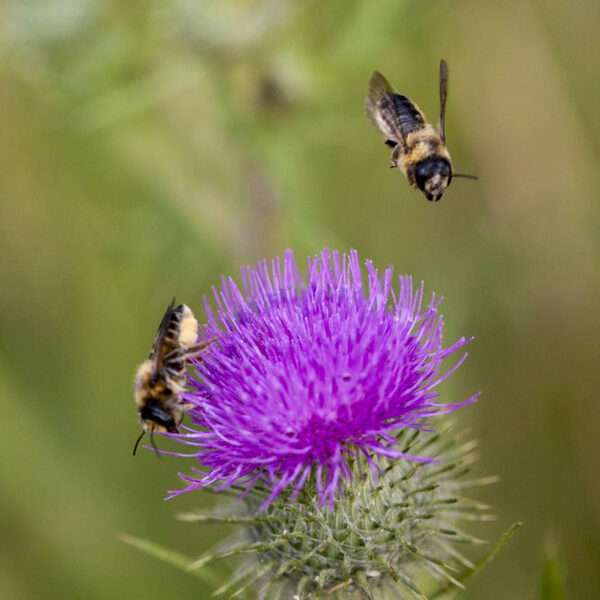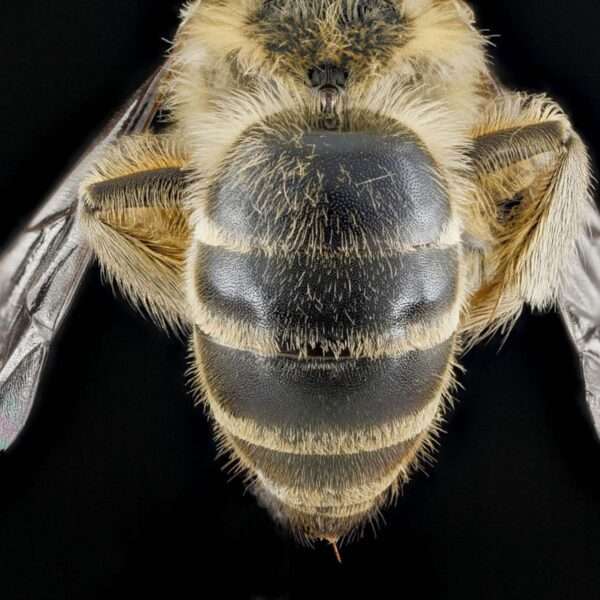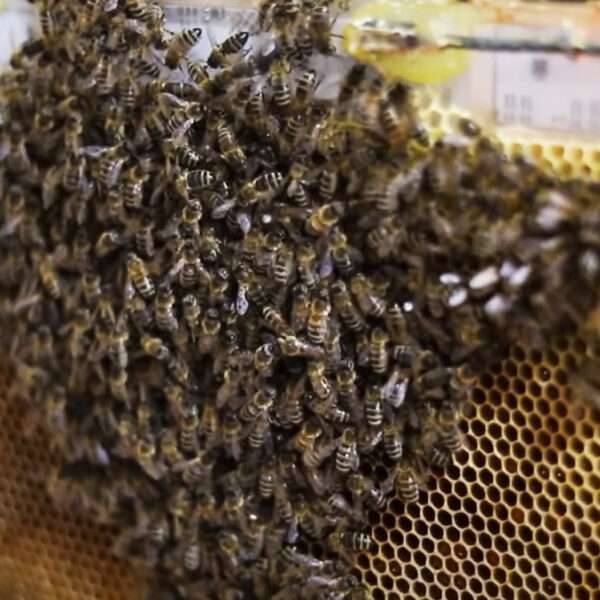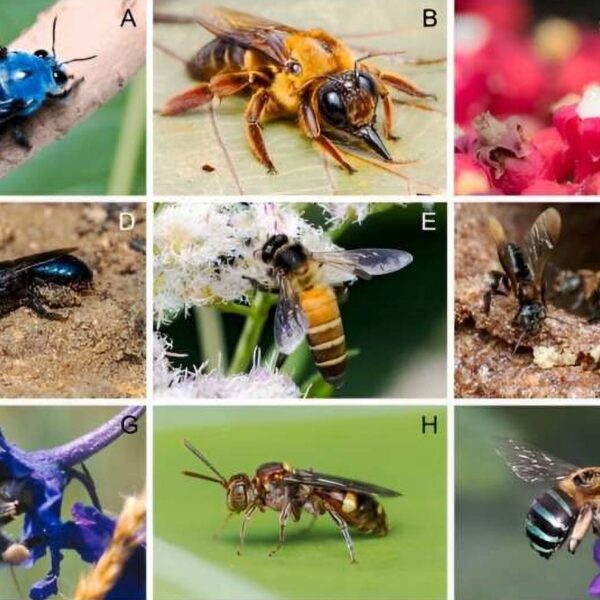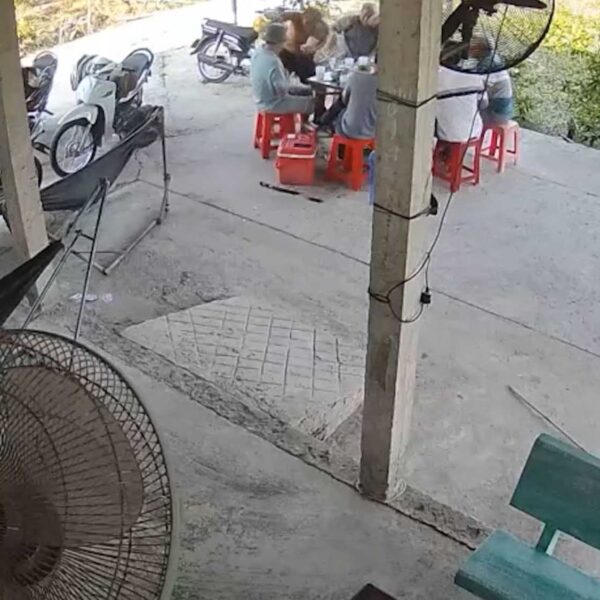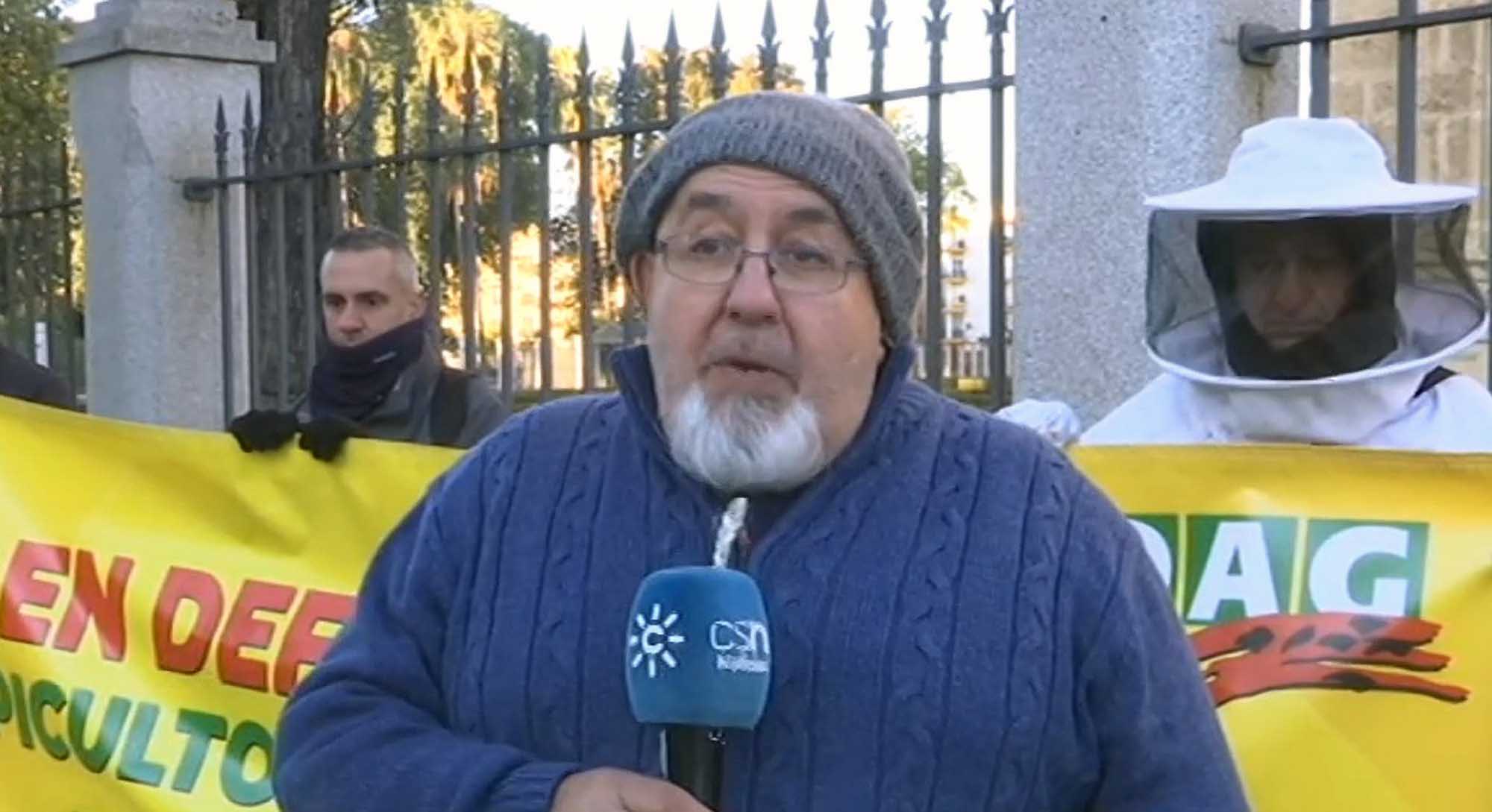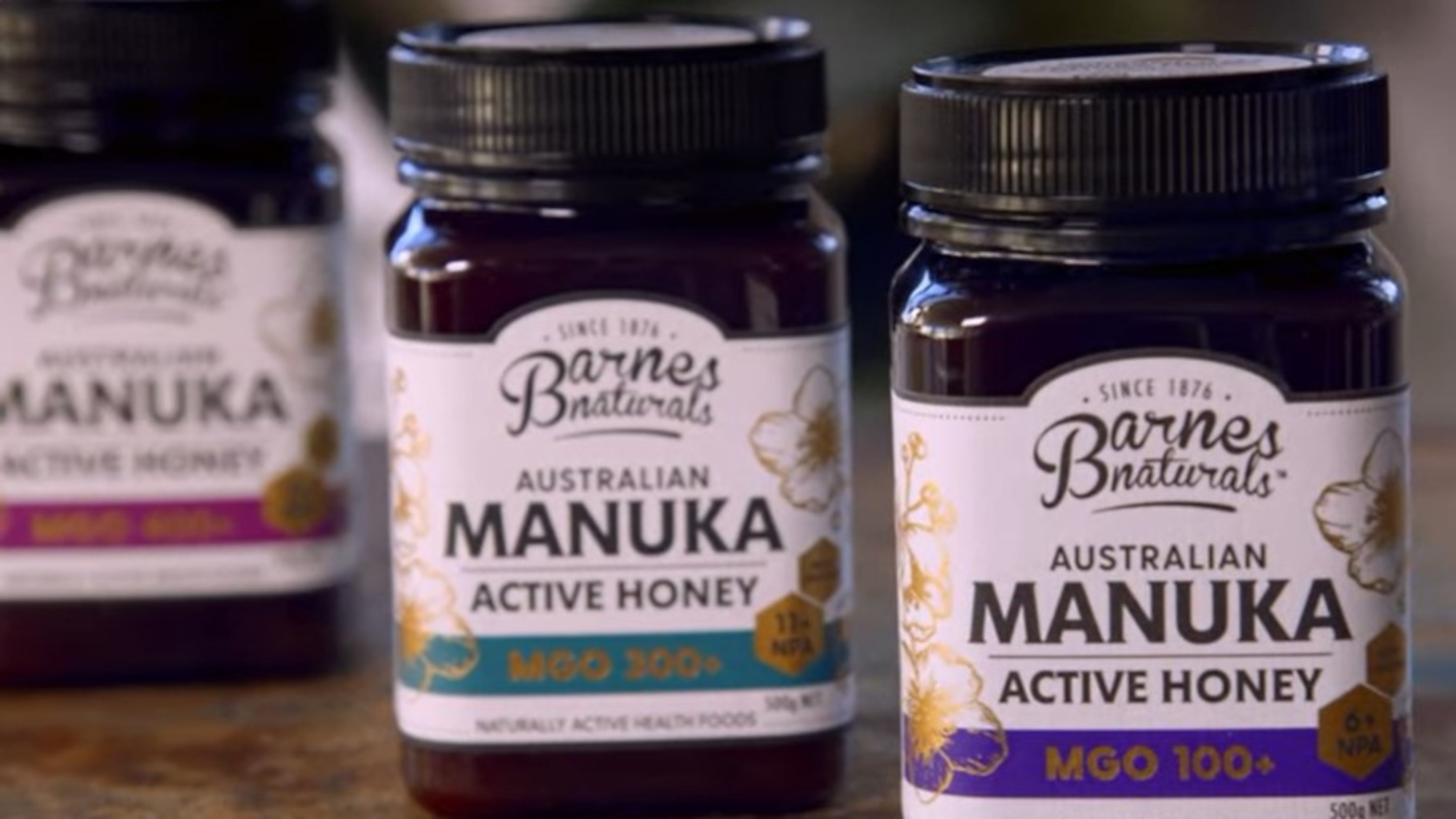A British biodiversity startup which aims at harnessing a wild bee species as an alternative to honeybees has been granted a substantial financial boost by an international funding programme.
AgriSound CEO Casey Woodward said his firm would cooperate with Swiss sustainable pollination specialists Wildbiene after securing the GBP 300,000 (EUR 340,000) injection from Eurostars, an initiative co-funded by the European Union which supports innovative SMEs.
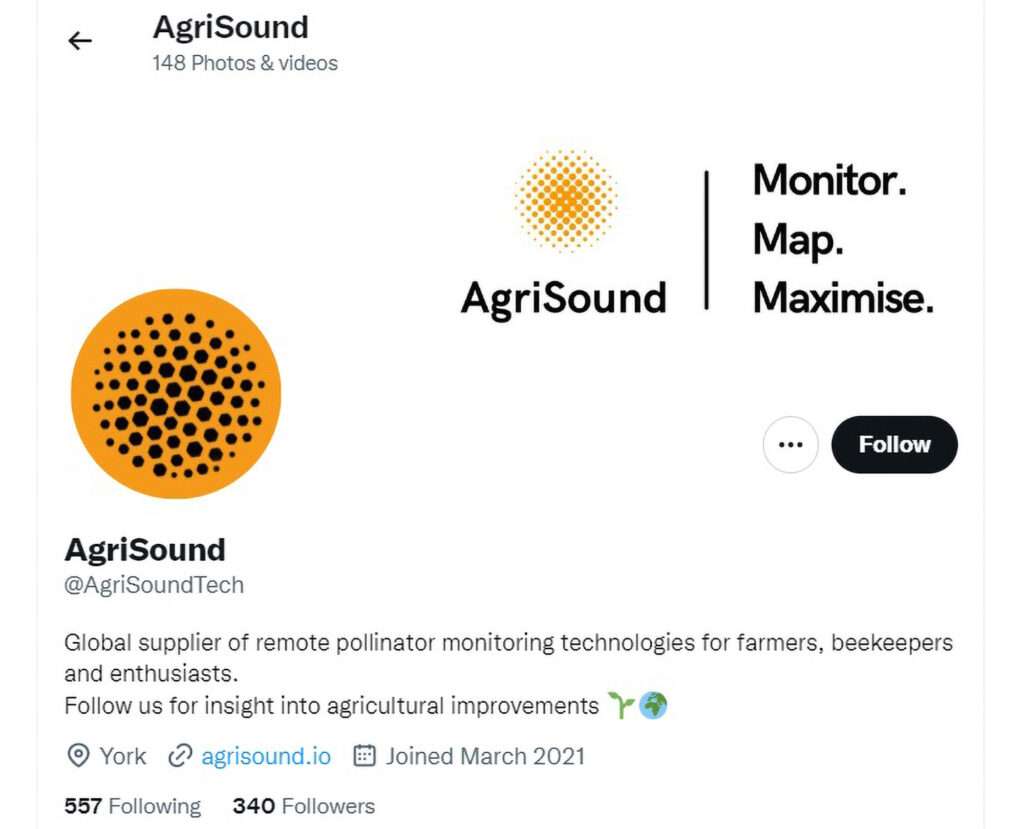
The goal of the project – which marks AgriSound’s first international partnership – is to develop commercially deployable mason bee habitats to deploy this solitary bee species as an alternative to the Western honeybee.
According to AgriSound, mason bees are more efficient and less susceptible to diseases than domesticated honeybees.
The company – which is headquartered in York, North Yorkshire – is determined to create a technology which exclusively concentrates on mason bee populations.
In a bid to increase the sustainability of food production, AgriSound plans to incorporate sophisticated listening devices in the insects’ habitats.
The new device could enable farmers to use mason bees to increase crop yields by locating the insects. Furthermore, AgriSound’s tool should provide information on the pollinators’ health.
Casey said: “We’re thrilled to have secured such supportive European funding towards our exciting new technological project to use mason bees as incredibly powerful agricultural pollinators.
The AgriSound founder and chief executive claimed the project could be a “gamechanger” on a global scale.
On its website, AgriSound underlines: “It has never been more vital to protect and encourage our declining insect populations. Without pollinators (…) we would lose more than 70 per cent of all food crops.”

